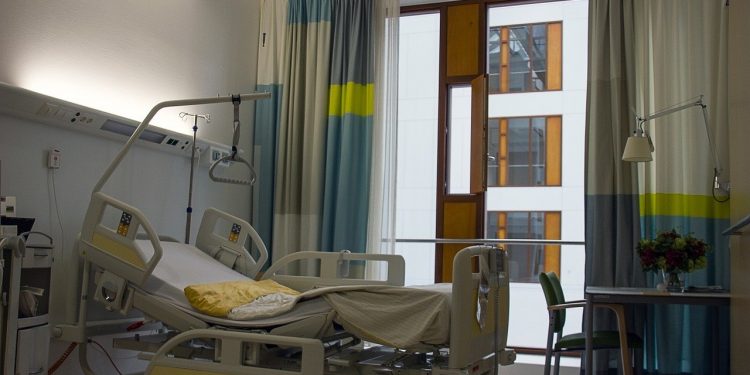Cygnet Health Care was fined £1,530,000 today after pleading guilty in a criminal prosecution brought by the Care Quality Commission (CQC), over the death of a young woman using one of their services.
Cygnet Health Care pleaded guilty to one offence of failing to provide safe care and treatment at Cygnet Hospital Ealing, and was sentenced at City of London Magistrates Court.
Cygnet was also ordered to pay £79,773.59 costs and £180 victim surcharge.
This is the largest fine issued by a court to a provider of mental health services as a result of a prosecution brought by CQC.
Cygnet acknowledged failing to provide a safe ward environment to reduce the risk of people being able to use a ligature.
It also acknowledged failing to ensure that staff observed people intermittently in line with the company procedures and of training staff to be able to resuscitate patients in an emergency.
The case dates back to November 2018 when a young woman was admitted to a ward in Cygnet Hospital Ealing. In July 2019, the young woman was able to take her own life while resident on the ward.
CQC said Cygnet Ealing had been aware of the young woman trying to harm herself in an almost identical way four months earlier, but had failed to mitigate the known environmental risk she was exposed to.
CQC said it brought the prosecution as it believed that if Cygnet Health Care had complied with its statutory obligations at Cygnet Hospital Ealing, the young woman would not have been exposed to such a significant risk of harm.
“In order to protect people, it is a legal requirement for any provider of health and social care in England to comply with CQC regulations,” CQC said.
Sincere condolences
A spokesperson for Cygnet said: “We would like to offer our sincere condolences to the family and all those affected by this very sad death.
Gemma Attew, external communications manager at Cygnet said, “We are committed to learning from this incident and since 2019 we have taken steps to improve practice and ensure the delivery of safe, quality care.
“We have explained to the court and those involved in this case the steps we have taken in this regard and at the latest regulatory inspection in May 2022, the Care Quality Commission (CQC) rated Cygnet Hospital Ealing as ‘Good’.
“In court the judge made clear this was not a case of the provider putting profit before safety and both the judge and the CQC acknowledged the significant improvements and progress made by Cygnet since 2019, in particular, recognising the seriousness with which we take regulatory compliance in the provision of quality care and treatment for our service users.
“Whilst this cannot change what has happened, we are not complacent and would wish to take this opportunity to once again convey our regret and condolences to all those affected.”
Tragic case
Jane Ray, CQC deputy director of operations in London, said: “This is a tragic case and my thoughts are with this young woman’s family and others grieving for their loss following her death.
“People, especially those at such a frightening, vulnerable time in their life, should be able to expect safe care and treatment, so it’s unacceptable that this young woman’s safety wasn’t well managed by Cygnet Hospital Ealing when she needed them the most. This is why I welcome their guilty plea.
“It is also unacceptable that Cygnet Ealing failed to learn from earlier incidents, which could potentially have avoided this tragic outcome. The judge also concluded that what Cygnet said would happen in line with their policy on observations and what actually happened in practice, were not the same thing.
“We know that the majority of people receive good care when they attend hospital, but if we find a provider has put people in its care at risk of harm, we take action to hold it to account and protect people in future.
“I hope this prosecution reminds Cygnet Health Care Limited, and other health and social care organisations they must provide care in a safe environment that meets people’s needs and starts to provide this young woman’s family with small degree of closure.”






